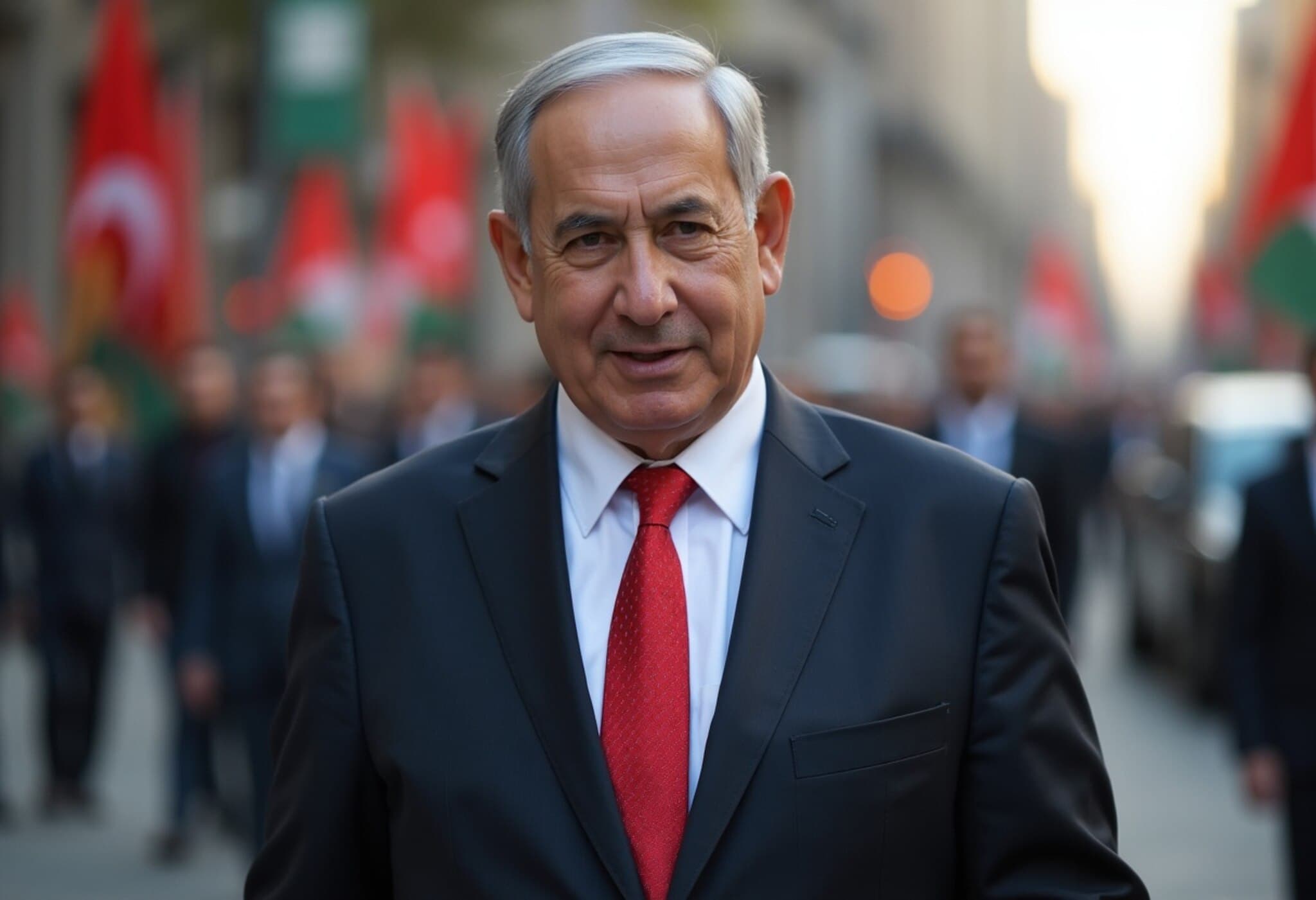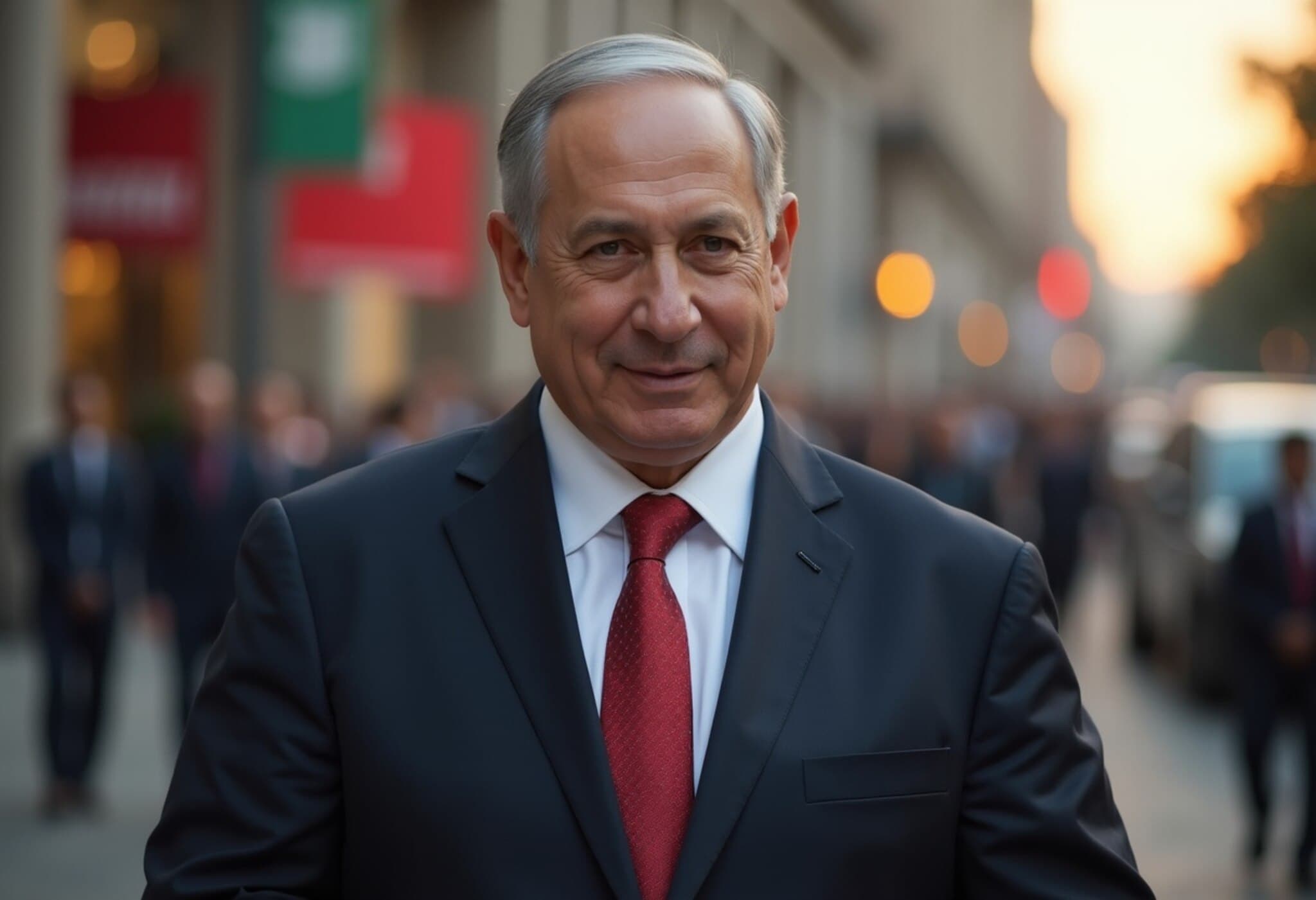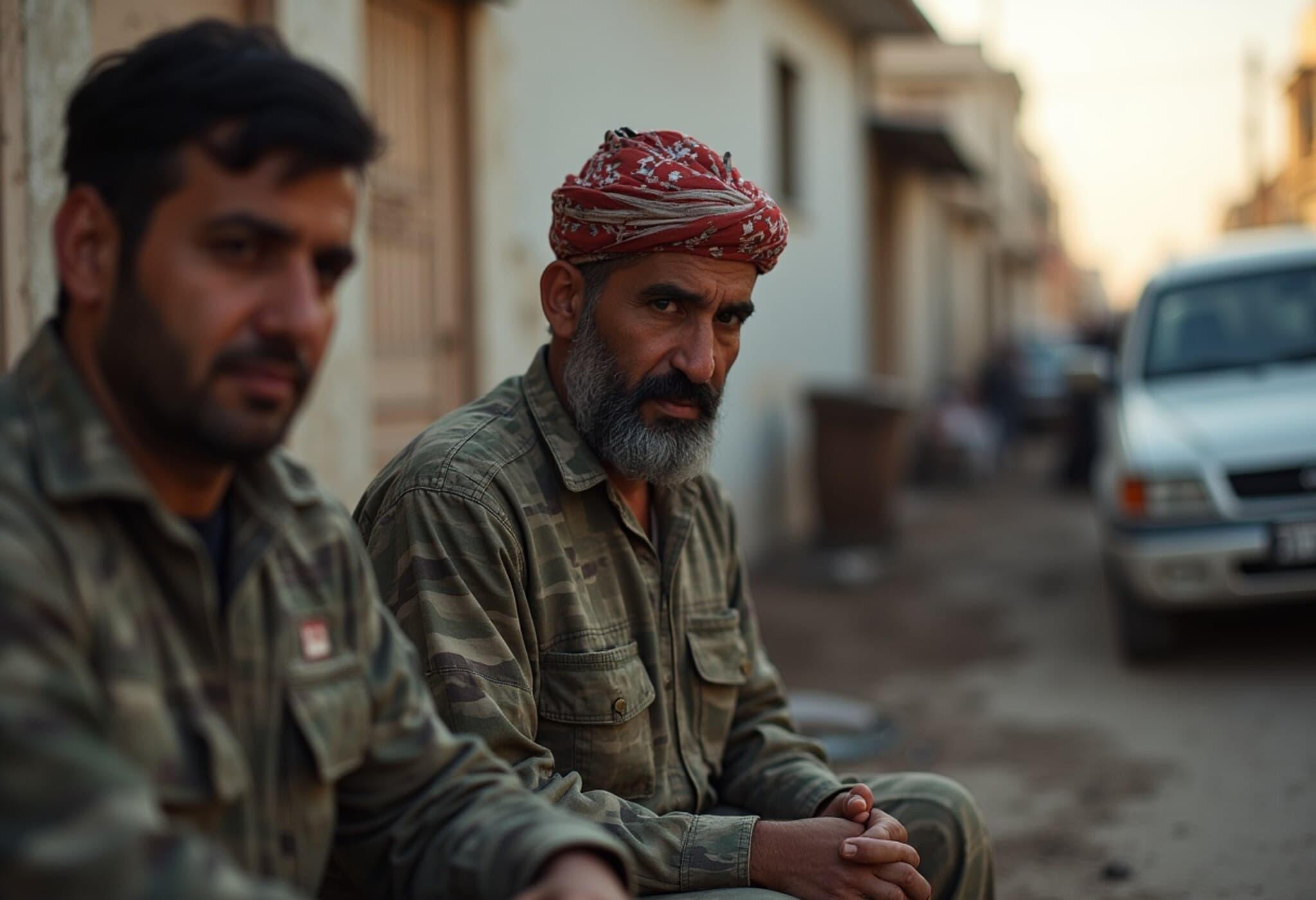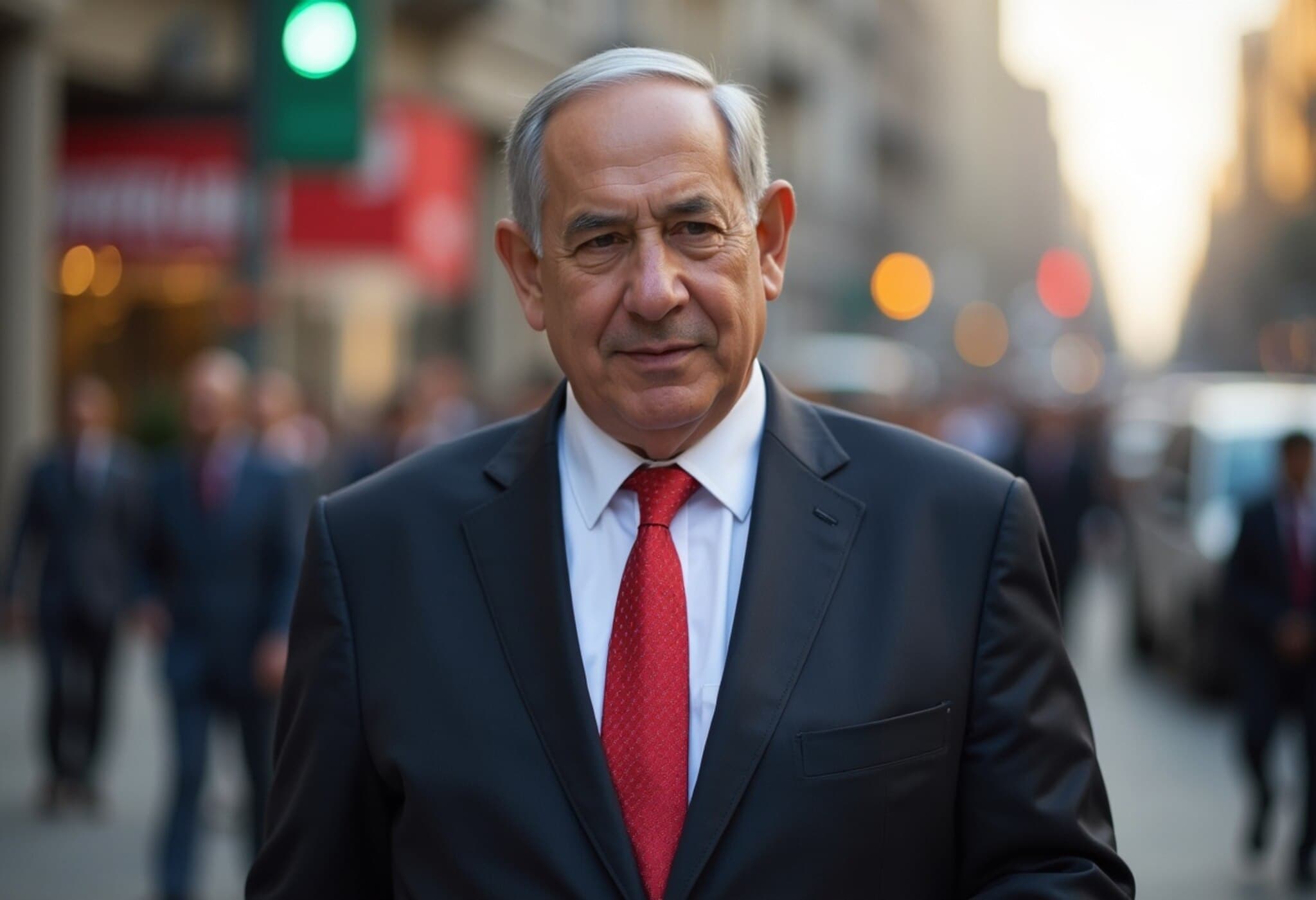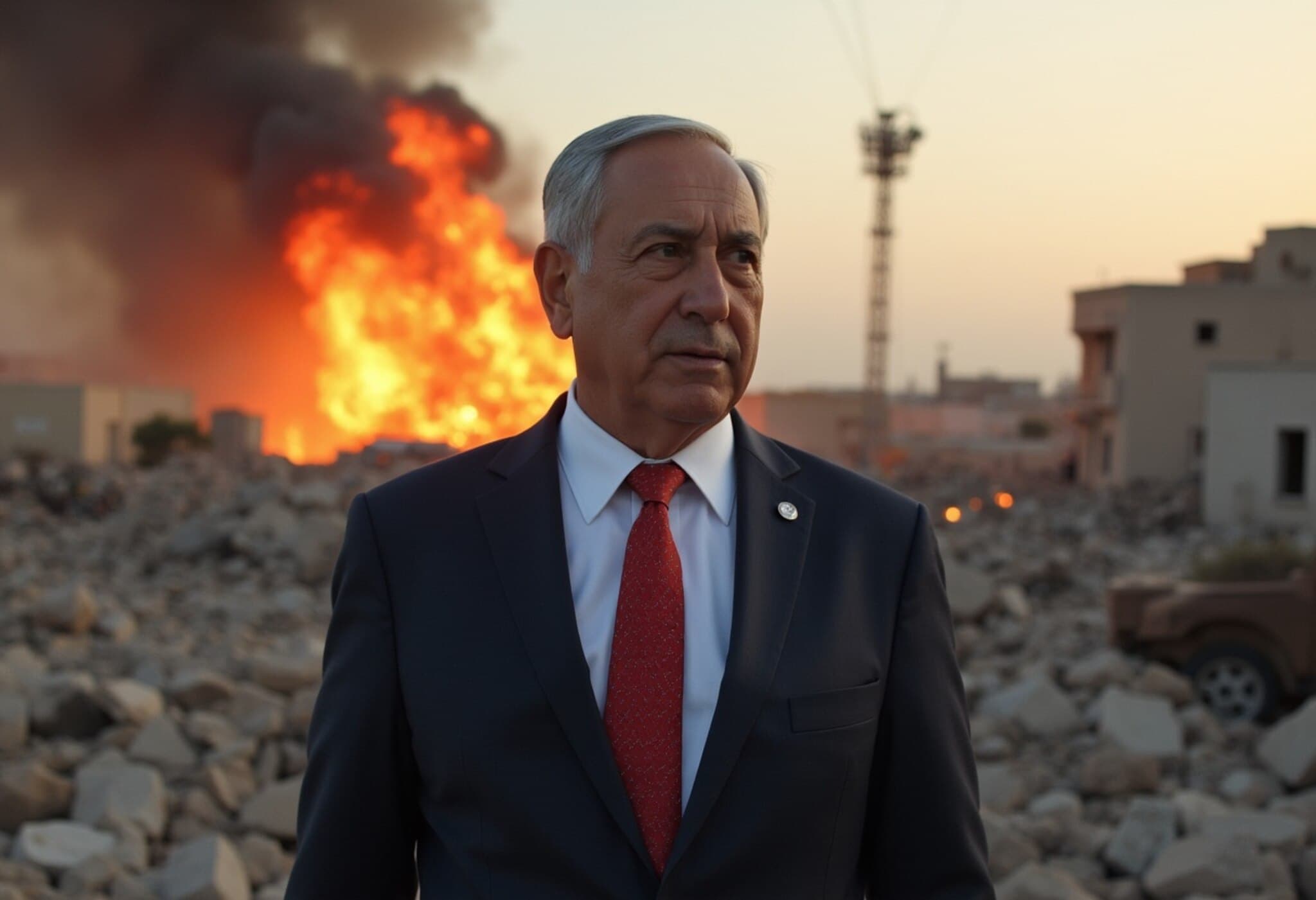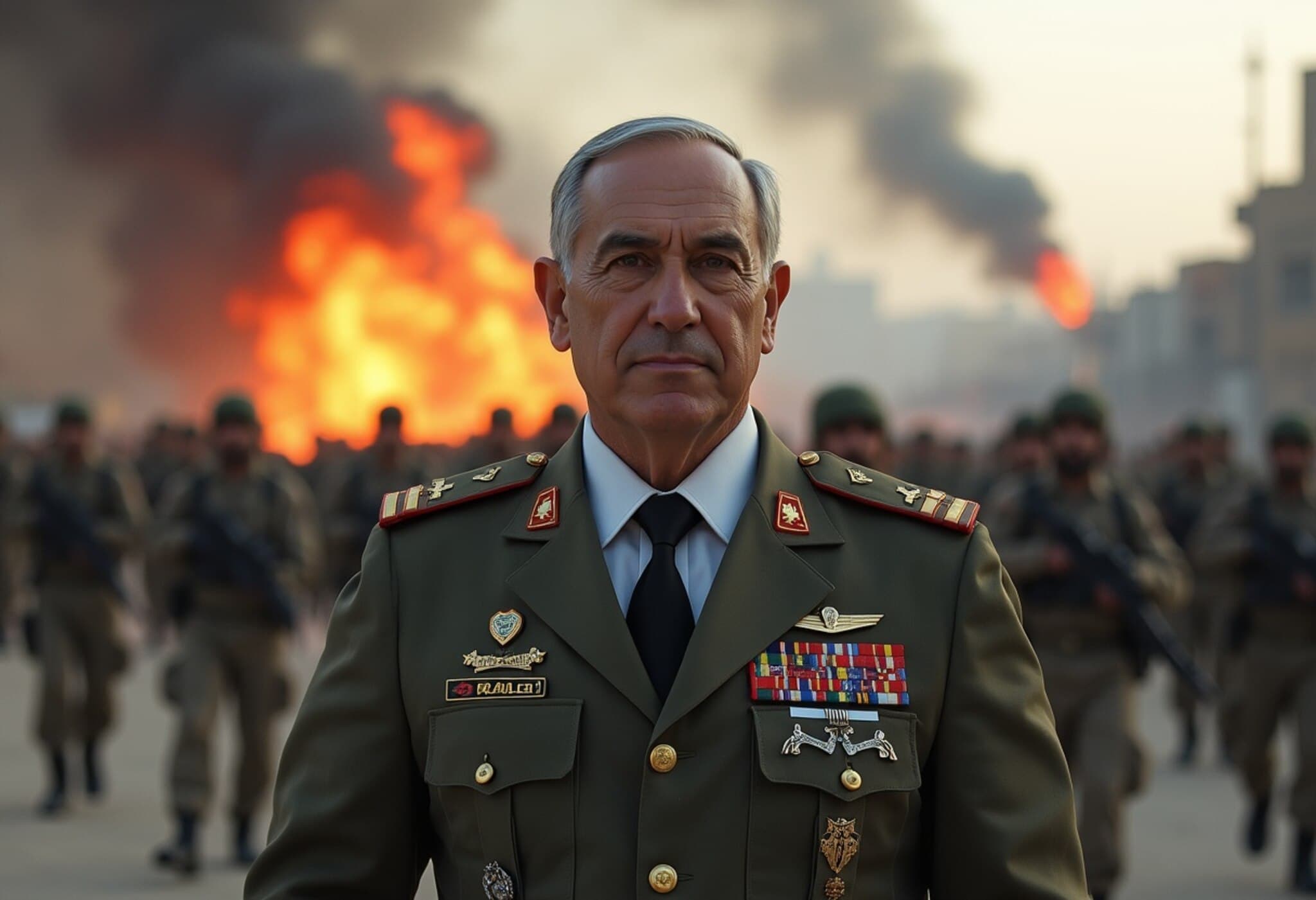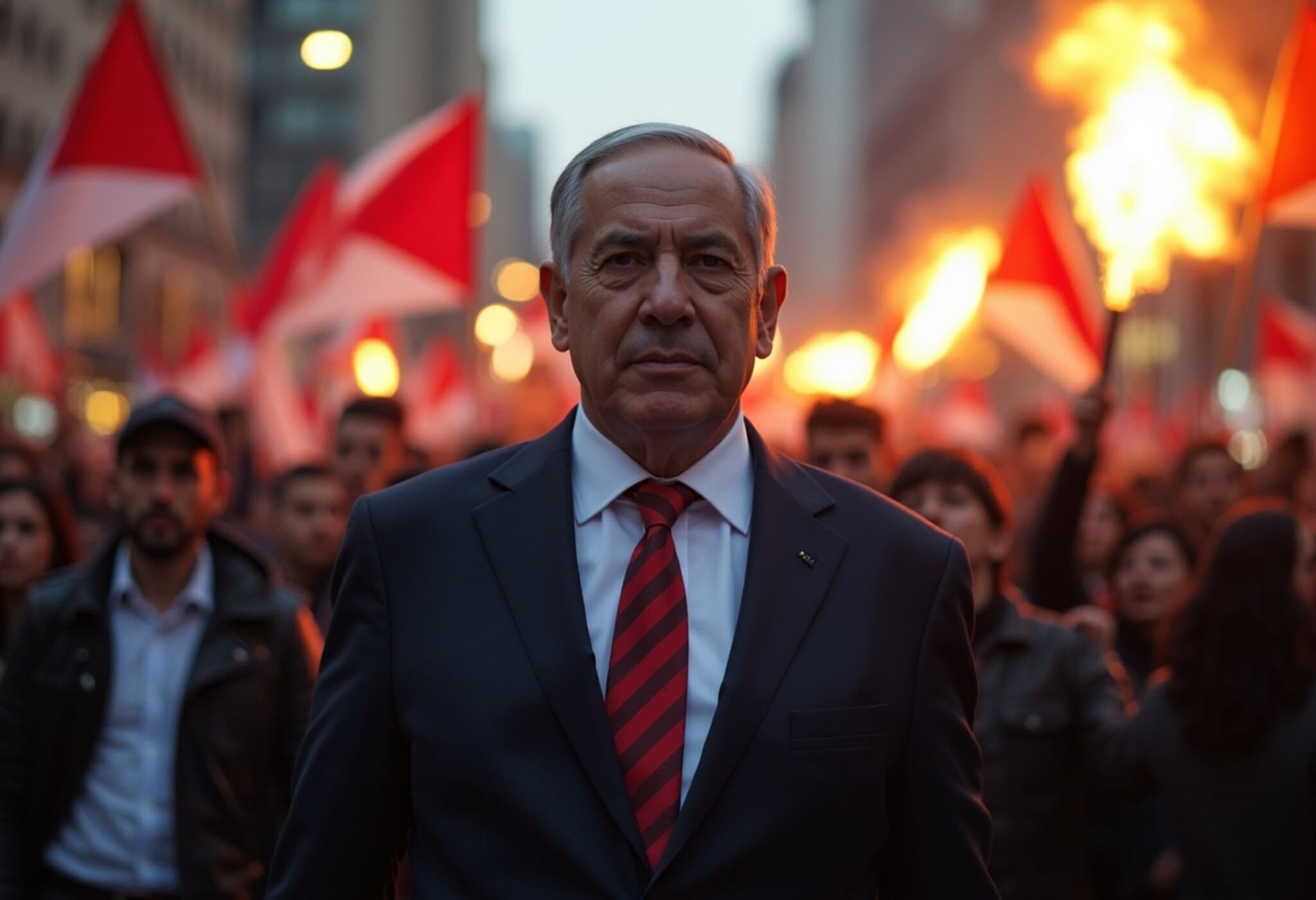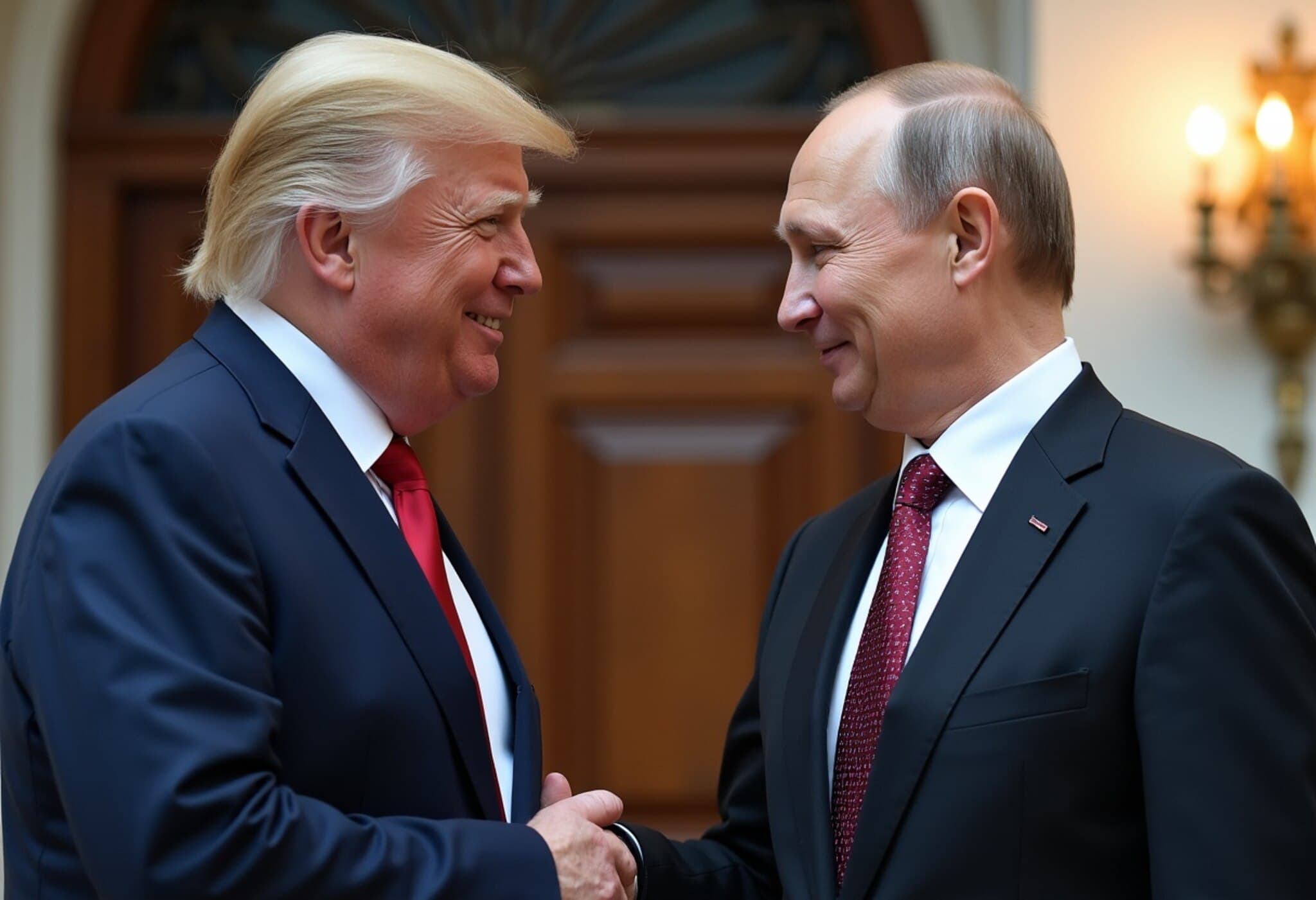Netanyahu’s Vision: ‘Freeing’ Gaza from Hamas, Not Occupying it
In a recent phone call with German Chancellor Friedrich Merz, Israeli Prime Minister Benjamin Netanyahu reiterated a core message amid rising tensions and international criticism: Israel’s objective is to not to occupy Gaza, but to “free” it from Hamas’s control. Netanyahu emphasized his government’s intention to demilitarize Gaza and establish a peaceful civilian administration that excludes Hamas, the Palestinian Authority, or any other militant groups.
Context: The Updated Military Strategy Against Hamas
This declaration follows Israel’s security cabinet approval of a new military plan which calls for direct control over Gaza City, a move that has ignited profound debate worldwide. Israel’s approach entails:
- Regaining territorial control over key areas in Gaza, particularly Gaza City.
- Demilitarizing the Gaza Strip to eradicate the threat posed by Hamas.
- Establishing a neutral, civilian government to oversee Gaza’s administration.
- Ensuring the safe release of hostages held by Hamas.
- Creating a sustainable security framework, potentially involving Arab forces, to maintain order.
Netanyahu has made clear that the plan is not aimed at long-term Israeli governance of Gaza but at creating a security perimeter followed by a transfer of control to trustworthy local authorities.
Global Reactions: Mixed Responses and Heightened Tensions
While Netanyahu frames the operation as a necessary step to protect Israeli citizens and dismantle terrorist infrastructures, the international community remains divided. Several governments and organizations have voiced strong reservations:
- Germany has suspended arms exports to Israel, a move that Netanyahu criticized sharply during his call with Chancellor Merz, describing it as indirectly rewarding Hamas’s terrorism.
- United Nations Human Rights Chief, along with countries like China, Turkey, and Britain, has raised concerns about the humanitarian impact of Israel’s military actions and called for restraint.
- Hamas condemned the plan as "a new war crime," highlighting the ongoing cycle of violence.
These reactions illuminate the complex geopolitical balancing act that Israel faces as it navigates its security imperatives against increasing global scrutiny and ethical considerations.
Historical and Regional Perspectives
Israel’s historical relationship with Gaza adds layers of complexity. Having occupied Gaza from 1967 until the 2005 disengagement, Israel’s return through military operations recalls painful memories domestically and internationally. The region’s geopolitical dynamics - with various Arab states watching closely - underscore the need for any military and political moves to factor in long-term stability, not just immediate security goals.
Expert Insight: What Does ‘Freeing’ Gaza Mean for Peace Prospects?
From a policy standpoint, experts caution that dismantling Hamas’s military presence is only one facet of a broader challenge. Establishing a legitimate civilian authority that enjoys local support is critical but fraught with difficulties given Gaza’s fractured political landscape.
American analysts point out that without credible governance replacing Hamas, the risk of renewed violence remains substantial. Furthermore, the humanitarian consequences, including infrastructure damage and civilian casualties, could fuel further radicalization.
On the legal front, the question arises whether control of Gaza constitutes an occupation under international law, with implications for Israel’s responsibilities towards Gaza’s population. Netanyahu’s insistence on ‘freeing’ rather than ‘occupying’ Gaza may reflect an effort to navigate these legal complexities in an era of heightened global media coverage.
Looking Ahead: Can Israel Balance Security and Stability in Gaza?
As the conflict unfolds, the international community watches carefully. The core challenges remain:
- Ensuring hostages are released unharmed.
- Preventing a humanitarian catastrophe amid military operations.
- Facilitating the rise of a credible, peaceful governance in Gaza.
- Balancing Israel's security needs with international legal and moral standards.
The coming weeks will test Israel’s strategy and its ability to secure peace without exacerbating regional instability.
Editor’s Note
Netanyahu’s narrative of “freeing” Gaza instead of occupation offers a nuanced framing in a deeply complex conflict. However, critical questions persist: Who will truly govern Gaza post-Hamas? How will Israel assure long-term peace without international cooperation? And importantly, how will humanitarian concerns be prioritized amid ongoing hostilities? Readers are encouraged to reflect on these challenges as this pivotal chapter in Middle Eastern politics continues to evolve.

